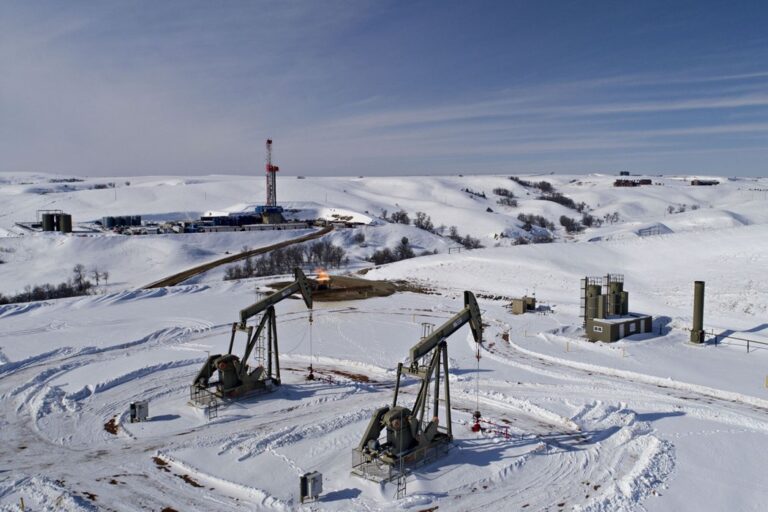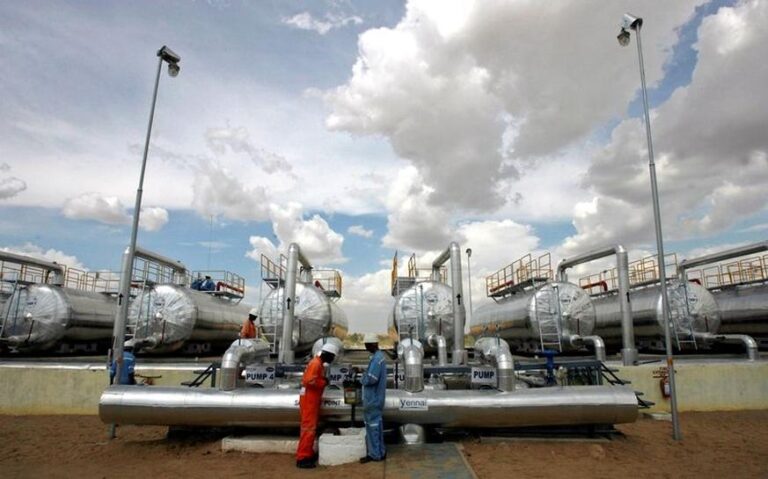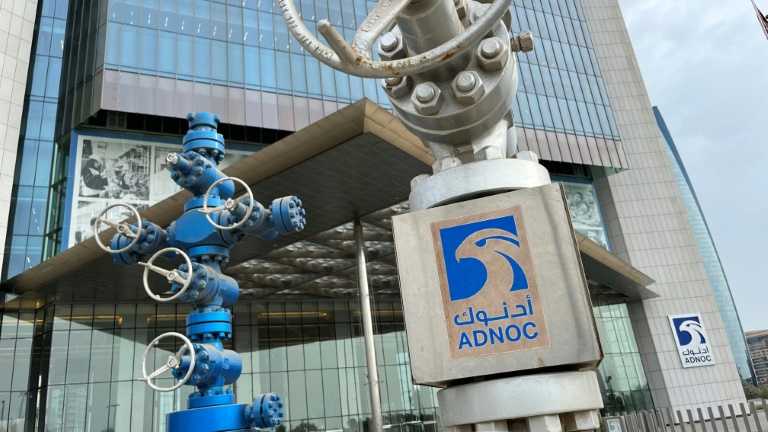LONDON, Nov 28 (Reuters) – From mid-2021 until late 2022, Europe and parts of Asia were gripped by an energy crisis, as oil, gas, coal and power prices surged, in some cases to record highs, forcing households and firms to cut use rapidly.
Russia’s invasion of Ukraine and sanctions imposed in response by the U.S. and its allies disrupted energy supplies that were already stretched by the rebound in industrial production after the coronavirus epidemic.LONDON, Nov 28 (Reuters) – From mid-2021 until late 2022, Europe and parts of Asia were gripped by an energy crisis, as oil, gas, coal and power prices surged, in some cases to record highs, forcing households and firms to cut use rapidly.
Russia’s invasion of Ukraine and sanctions imposed in response by the U.S. and its allies disrupted energy supplies that were already stretched by the rebound in industrial production after the coronavirus epidemic.
But 18-24 months later, the acute phase of the adjustment is complete, with energy inventories comfortable and prices reverting towards long-term inflation-adjusted averages.
Chartbook: Europe’s energy supplies and prices
There will undoubtedly be more shocks in future, but the disruption associated with the end of the pandemic and Russia’s invasion of Ukraine is over. Markets have adapted.
Europe’s residual issue is that it has swapped relatively cheap Russian pipeline gas for relatively expensive LNG, putting its industrial competitiveness at risk, but that is a chronic problem rather than a crisis.
OIL
In the oil market, U.S. domestic crude and condensates production has continued to increase and surpassed its pre-pandemic peak in August 2023. Other non-OPEC production sources are also growing steadily.
High-frequency data from the U.S. shows commercial crude inventories were 12 million barrels (+3% or +0.26 standard deviations) above the prior ten-year seasonal average in mid-November, an indication the market is comfortably supplied.
Front-month Brent crude futures have averaged $82 per barrel so far this month, exactly in line with the median since the start of the century after adjusting for inflation.
Brent’s six-month calendar spread has traded in an average backwardation of $1.57, only modestly above the long-term average of $1.04.
By late 2022 and early 2023, fears about over-production and the potential accumulation of oil inventories had replaced concerns about insufficient supplies and the rapid depletion of stocks.
In response, Saudi Arabia and its OPEC+ partners have cut output multiple times to avert an incipient inventory build, in stark contrast to pressure on them a year earlier to raise output to relieve anticipated shortages.
GAS
Rapid adjustment has also been evident in gas, where U.S. inventories have been consistently above the prior ten-year seasonal average since February 2023, and exports have increased to record rates.
Front-month U.S. gas futures prices have traded close to their lowest levels for 30 years, once adjusted for inflation, confirming the market is responding to an incipient surplus.
In Europe, gas storage has been at record seasonal levels continuously since the end of the first quarter of 2023 following an unusually warm winter in 2022/23 and sharp falls in industrial gas consumption.
Germany’s energy-intensive manufacturing production is down by around 17% since the start of 2022 and shows no sign of recovering.
Total gas use in the European Union’s top 7 consuming countries – Germany, Italy, France, Netherlands, Spain, Belgium and Poland – was down by 13% in the first nine months of 2023 compared with the pre-invasion ten-year seasonal average for 2012-2021.
Inflation-adjusted futures prices for the year ahead have averaged 48 euros per megawatt hour so far in November, down from 223 euros at the height of the crisis in August 2022.
In real terms, year-ahead prices have averaged 53 euros so far in 2023 compared with 23 euros in the five years between 2015 and 2019 and 32 euros between 2010 and 2014.
While prices are still high, they are no longer at crisis levels, and are likely to retreat further in the course of 2024.
COAL
An even more profound adjustment has occurred in coal, with demand falling sharply as gas supplies have become more plentiful while mine production has ramped up.
Real year-ahead prices for coal delivered to Northwest Europe have averaged just $112 per tonne in November 2023 (69th percentile since 2010) from a record of almost $300 per tonne in September 2022.
On the production side, China, the world’s largest coal miner, increased output by 425 million tonnes (10%) in 2022 and has boosted it by another 144 million tonnes (4%) so far in the first ten months of 2023.
ADJUSTMENT
Each market has experienced a slightly different adjustment process, but all have been variations of faster production growth and slower consumption increases.
In oil, consumption has grown more slowly owing to a slowdown in the business cycle, while production outside OPEC+ has increased faster, pushing the market towards a surplus.
Russia’s exports have remained high despite sanctions through avoidance (exploiting legal loopholes designed to keep exports flowing and increasing use of dark fleet tankers) and evasion (mis-declaring cargo prices).
In gas, Europe experienced an unusually warm winter in 2022/23 which cut consumption, and has also seen a large reduction in industrial demand from the most energy-intensive users as factories have suspended output.
Europe was able to replace piped gas from Russia with more LNG imports, outbidding other customers in South and East Asia in winter 2022/23, forcing some of the adjustment burden onto poorer countries.
In coal, China’s increasing mine output plus an exponential increase in renewable generation from wind and especially solar have eased shortages and enabled generators to boost fuel inventories.
Other factors that have contributed to the adjustment include high levels of hydro production in Brazil cutting the need for LNG imports, and an unusually mild autumn in Northwest Europe in 2023.
But the common factor is the enormous scale of the price rises in 2021 and 2022, which accelerated and telescoped the adjustment process into a relatively short period.
As a result, after a brutally painful adjustment in 2021 and 2022, production, consumption and inventories have become much more comfortable by the end of 2023 and into 2024, and the crisis phase is over.








